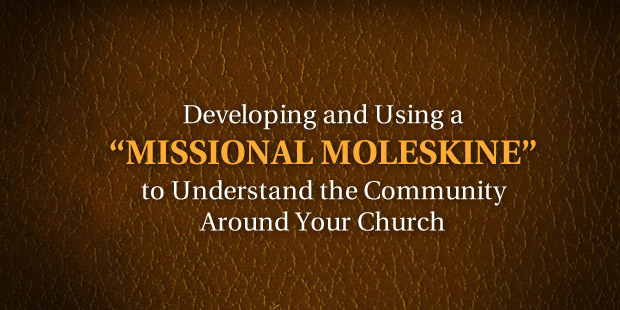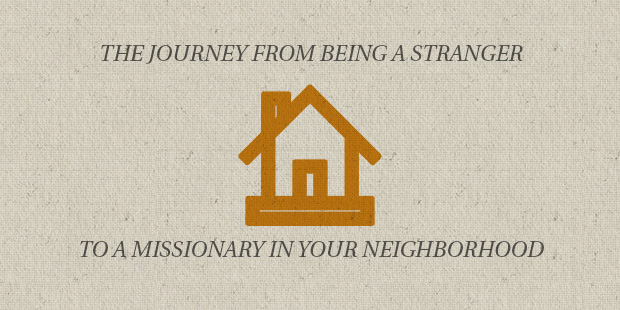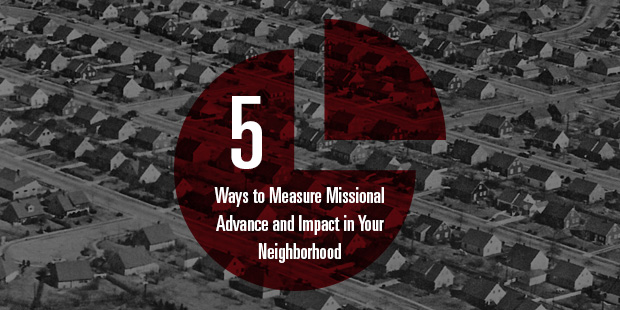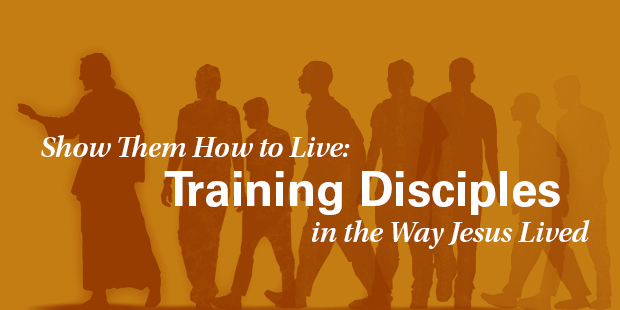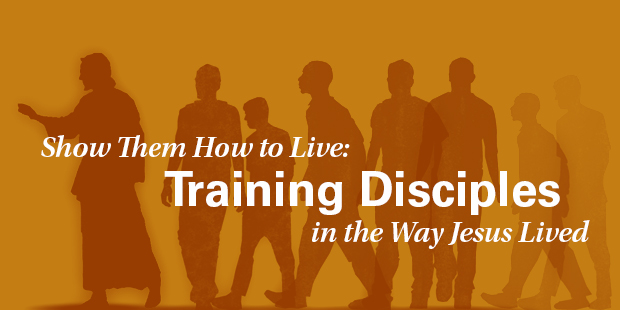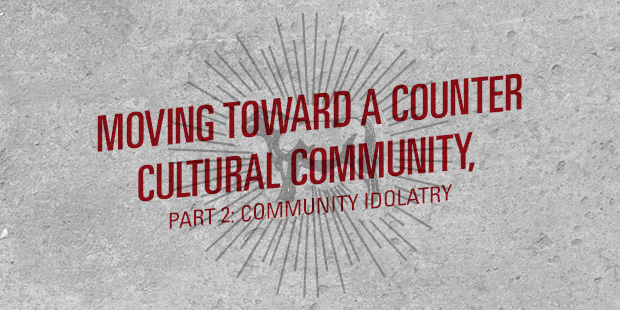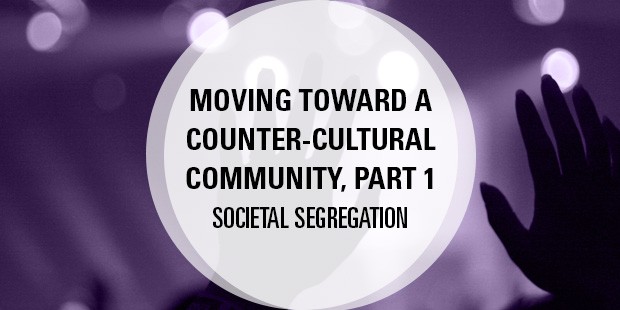And he made from one man every nation of mankind to live on all the face of the earth, having determined allotted periods and the boundaries of their dwelling place, that they should seek God, and perhaps feel their way toward him and find him. Acts 17:26-27
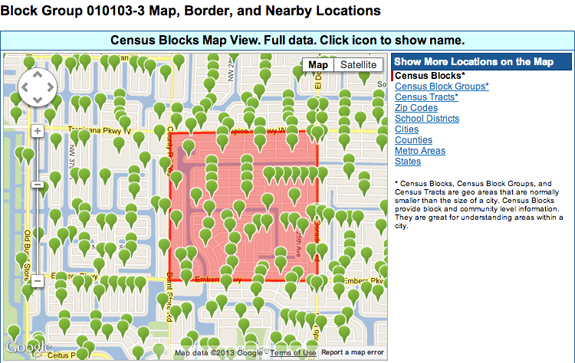
Last week, I talked to you my efforts this year to build a neighborhood in my city through Next Door. This is a heavy burden I have, one that I have not steward very well in the past. The verses above speak about God’s providence, namely that God determines our dwelling places. Have you thought much about that? Yes, you thought you live where you do because of the great deal on the house, the school district, the proximity to work, etc. But in and through all of these secondary causes, there’s a primary cause that you live where you do: God put you there.
And God’s providence is not without God’s purpose.
God’s purpose in Acts 17 is “that they should seek God…and find him.” So let’s put this together. God placed me in this particular plot on planet earth for the purpose that people should seek God and find Him.
And God’s purposes should become the passion of our lives.
If God’s purpose of providentially placing me in the city where I live so that people would seek God and find him, then it ought to be my passion to accomplish that purpose. God has a design. He’s being intentional and purposeful. When I embrace that intentional design, my response should be a passionate embrace and acceptance of the mission.
Simply put: I live where I live so that those without God can find life in Him. What difference would this make if my life really looked like that?
This gets to the heart of loving my neighbors as Christ loved me. When the eternal Son of God took on flesh, He tabernacled among us. He entered into our neighborhood so that we could know God through Him. Christ loved us by coming to where we are and providing salvation for us. If I am going to love my neighbors as Christ loved me, I must seek to enter into their lives, seeking to love, serve, and sacrifice, that they may know God and be saved by His grace.
Making Sense of the Census
In order to make what I just said real to me, I decided to do a little research on my new neighborhood called Burnt Embers. At USA.com, you can view the 2010 Census by city, by tract, by block groups, and by blocks. It’s really impressive – and free. According to the website, Burnt Embers is almost exactly one square mile in size, and after spending a few hours on it, here’s what I came away with.
Burnt Embers has a population of 1,316 with ethnic breakdown of 68% white, 25% hispanic, and 7% black. There are 423 households but 540 housing units, meaning 117 houses are empty. Of the 423 households, 334 are family households, 55 are single-person households, and 22 are seasonal households (snowbirds). There are 442 children in the neighborhood (under age of 19), and 120 seniors (over age of 65). 84 households speaking Spanish. As for the adults, there’s a total of 721 with 192 never been married, 442 currently married, and 87 divorced.
Burnt Embers is lower-middle class, with a per capita income 40% lower than the national average. 22 families live below the poverty level, and 23% of households live on less than $20,000 a year. There aren’t a lot of deep pockets either, as only 2% of households live on $100,000 or more each year. The majority of the families have a combined income of roughly $47,000 a year, with families having both husband and wife working.
Now, you might be asking, “Why did you do all this? What’s the point in all these numbers?”
The census give us a whole lot of concrete data about our community. It also tells us where and how it is changing. For instance, almost all of 540 homes built-in me neighborhood were constructed after the year 2000, and within a decade, 117 (21%) of them are empty. That begins to tell some of the story about the foreclosure impact on our community. My neighborhood is largely blue-collar and multi-ethnic. One out of five households speak Spanish. If I am going to connect with them, this says something about my need to understand their culture and language.
There’s 442 children in my neighborhood. How can my kids get involved with them? How can I help create safe places for these kids to play and hang out? How many of them have single parents? How many could use tutoring? How are we keeping them safe from crime?
» Of the 84 Hispanic families, how many of them need help learning English? Getting a job?
» Of the 22 snowbirding families, how many of them could use help around the yard? Taking care of property while they are gone?
» Of the 122 senior citizens, how many are alone? Do any need transportation help? What about assisted care for their health? Their home and yard?
» Given that most families have both sets of parents working, how are the kids being taken care of? Is child care needed? Babysitters?
» Of the 22 families who live below the poverty line, how can the neighborhood contribute to help them with basic needs? Do the adults need to acquire skills or training for better employment?
» Of the 117 empty houses in our neighborhood (that’s A LOT if you think about it), what can we do to help them sell? How can we address the neglected foreclosed homes? Does the high level of empty homes open the door for increased crime?
These are the kinds of questions that surfaced because of a couple of hours of research. I was not asking these questions two weeks ago because I was ignorant of my neighborhood. It was only generic houses with faceless, nameless people living in them. I still don’t know all their names and faces, but I know a lot more about them now than I did then.
I can begin to see the challenges they are facing–socially, relationally, financially, educationally, etc. I can begin to understand the narrative of my neighborhood–where there’s brokenness, where there’s need, where there’s hope and ambition, etc.–and how bridges can be established to intersect the story of the gospel into the story of my neighborhood. I can begin to know how to pray specifically for my neighborhood–for the children, families, elderly, poor, and so on.
This all goes back to what I began with.
God put me in this neighborhood by His sovereign plan. That plan comes with a purpose–that the 1,316 people here might seek and find God. And that purpose should be the passion of my life. Therefore, I should endeavor in every way possible to commend Christ to them in word and deed. They need presented to them the good news of Jesus by one of His re-presentatives. And having the gospel presented to them by a representative of Christ means that I must be present. And my presence becomes a present (gift) to the neighborhood because it is through the means of the Gospel being shared and shown to them they might seek and find God.
My hope is that I will start to take greater ownerships of my own square mile. This is a start, but I have a long way to go.
How about you? Have you taken ownership of your own square mile or neighborhood? Are you patterning your life after the providential and purposeful plan of God? Are you passionate about that? Enough to do some homework, ask personally engaging questions, and enter in?
I’d love to learn from you. Let’s do deep into our “world” and make disciples of Jesus where we live, because after all, we’re not here by accident.

Tags: Kingdom Concept, Local Predicament, Timmy Brister
|
What is MyVisionRoom? > | Back to Vision >
